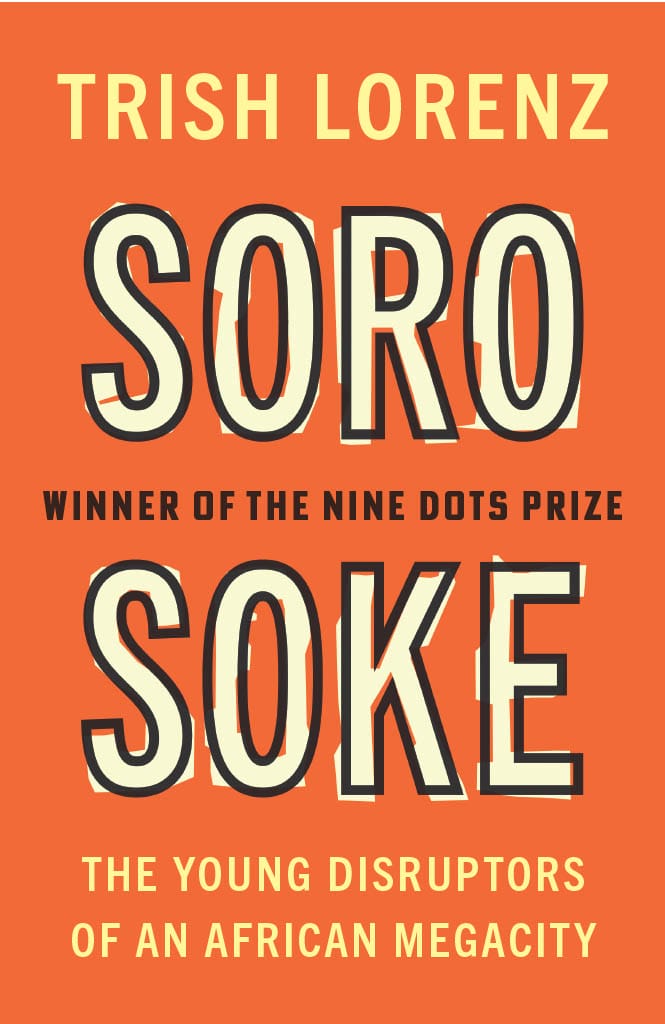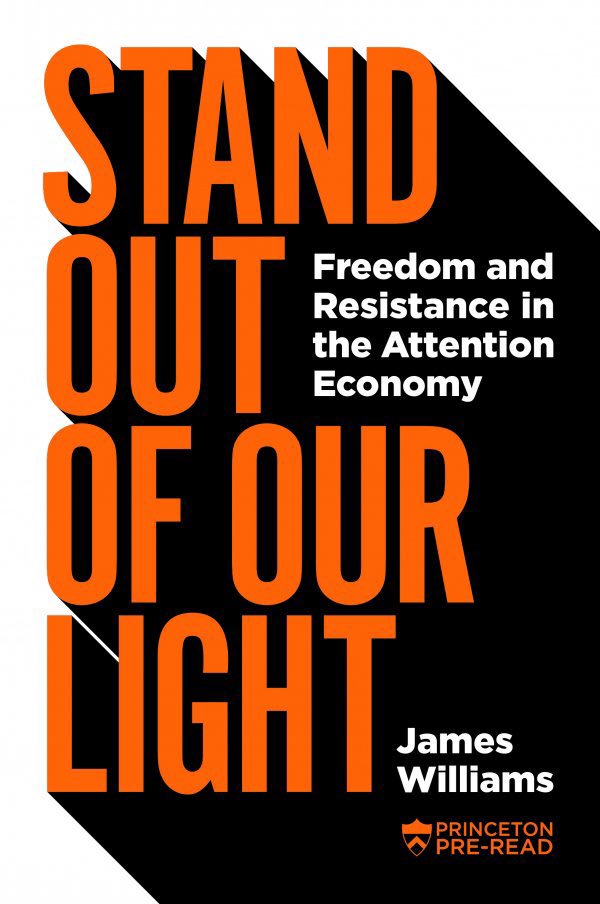Extracts from Stand Out of Our Light: Freedom and Persuasion in the Attention Economy
30 May, 2017
James Williams won the inaugural Nine Dots Prize with his entry Stand Out of Our Light: Freedom and Persuasion in the Attention Economy. Here are some sample extracts from his 3,000-word response to the question Are digital technologies making politics impossible?
Extract 1:
Digital technologies privilege our impulses over our intentions. They are increasingly designed to exploit our psychological vulnerabilities in order to direct us toward goals that may or may not align with our own. In the short term, this can distract us from doing the things we want to do. In the longer term, however, it can distract us from living the lives we want to live, or, even worse, undermine our capacities for reflection and self-regulation, making it harder, in the words of philosopher Harry Frankfurt, to ‘want what we want to want.’ A primary effect of digital technologies is thus to undermine the operation and even development of the human will. This militates against the possibility of all forms of self-determination at both individual and collective levels, including all forms of politics worth having.
Extract 2:
Today, as in Huxley’s time, we have ‘failed to take into account’ our ‘almost infinite appetite for distractions.’ The effect of the global attention economy—i.e., of our digital technologies doing precisely what they are designed to do—is to frustrate and even erode the human will at individual and collective levels, undermining the very assumptions of democracy. These are the distractions of a system that is not on our side.
How, then, should we respond?
First, we must reject the impulse to ask users to ‘just adapt’ to distraction. We must also move briskly past the illusion that ‘media literacy’ will ever be enough. Nor can we reply that if someone doesn’t like the choices on technology’s menu, their only option is to ‘unplug’ or ‘detox’—this is a pessimistic and unsustainable view of technology. And, of course, we can’t expect the attention economy to fix itself.
We must, then, move urgently to assert and defend our freedom of attention.
Asserting our freedom of attention means developing its conceptual and linguistic foundations. We can find precedent for such a freedom in Mill when he writes, in On Liberty, that the ‘appropriate region of human liberty’ … ‘comprises, first, the inward domain of consciousness’ … ‘liberty of thought and feeling; absolute freedom of opinion and sentiment on all subjects, practical or speculative.’ ‘This principle,’ he writes, ‘requires liberty of tastes and pursuits; of framing the plan of our life to suit our own character.’ This sounds to me like a freedom of attention.


